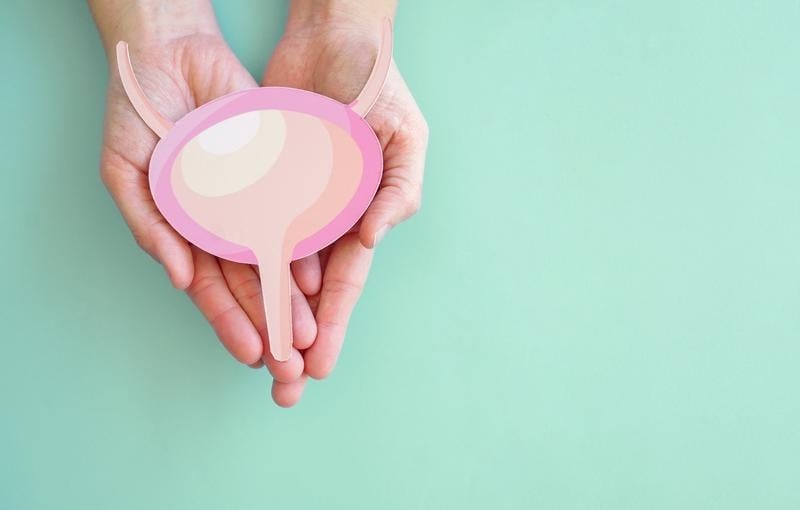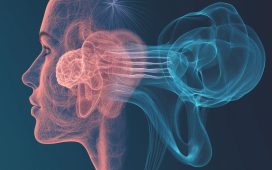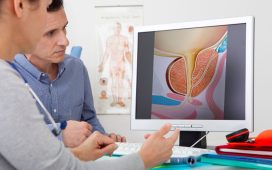Fewer punctures and shorter surgical time reported for sacral neuromodulation with 3D printing and ultrasound localization
By Elana Gotkine HealthDay Reporter
FRIDAY, Jan. 3, 2025 (HealthDay News) — For patients with neurogenic bladder and pelvic structural anomalies, sacral neuromodulation (SNM) combined with three-dimensional (3D) printing and ultrasound localization improves the accuracy of SNM placement, reduces surgery time, and eliminates X-ray exposure, according to a study published online Nov. 12 in the Asian Journal of Surgery.
Runze Liu, from Capital Medical University in Beijing, and colleagues conducted a prospective study involving 56 patients diagnosed with neurogenic bladder and pelvic anomalies, who were treated with SNM from January 2022 to December 2023. Based on the origins of their pelvic anomalies, the patients were split into study and control groups; the study group (28 individuals) underwent preoperative 3D printing and intraoperative ultrasound-assisted puncture, while intraoperative X-ray-assisted puncture was used for the control group (28 individuals).
The researchers found that compared with the control group, the study group experienced significantly fewer punctures (2.21 ± 0.92 versus 9.29 ± 4.37), had a shorter average puncture duration (5.71 ± 2.69 versus 28.60 ± 9.69 minutes), and required lower effective initial voltage (0.87 ± 0.23v versus 1.38 ± 0.52v). In the study group, X-ray exposure was eliminated compared with 11.51 ± 4.62 mAs in the control group. The phase 2 implantation rates were 67.8 and 57.1 percent for the study and control groups, respectively. Neither group had surgery-related complications.
“Preoperative 3D printing combined with intraoperative ultrasound-assisted localization facilitates precise and rapid electrode implantation into the target sacral foramen, particularly in patients with pelvic structural anomalies,” the authors write.
Copyright © 2025 HealthDay. All rights reserved.








